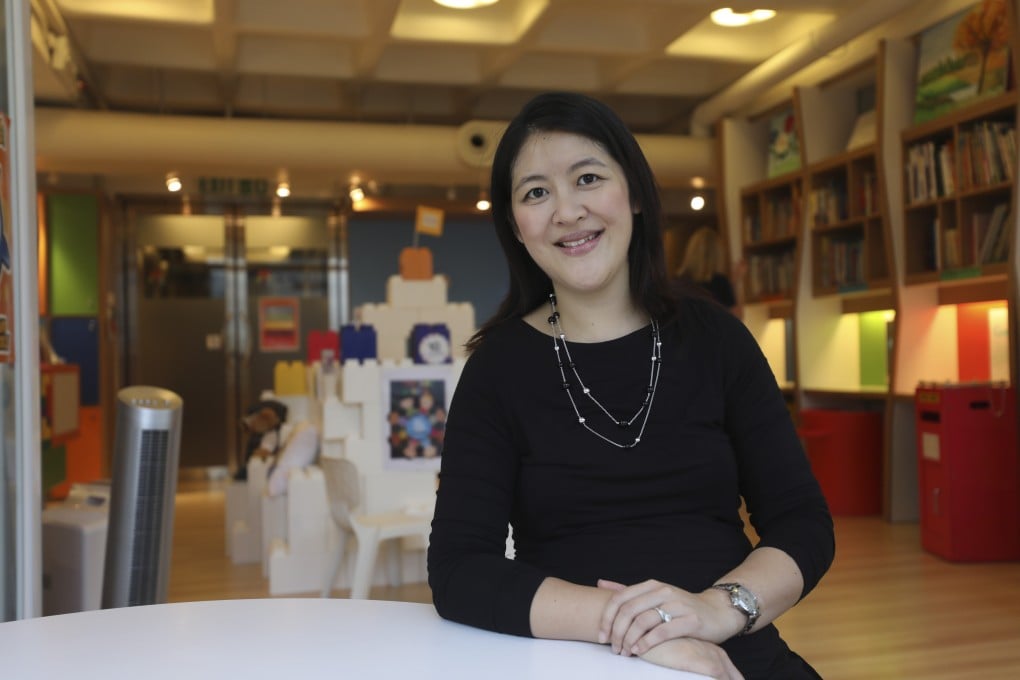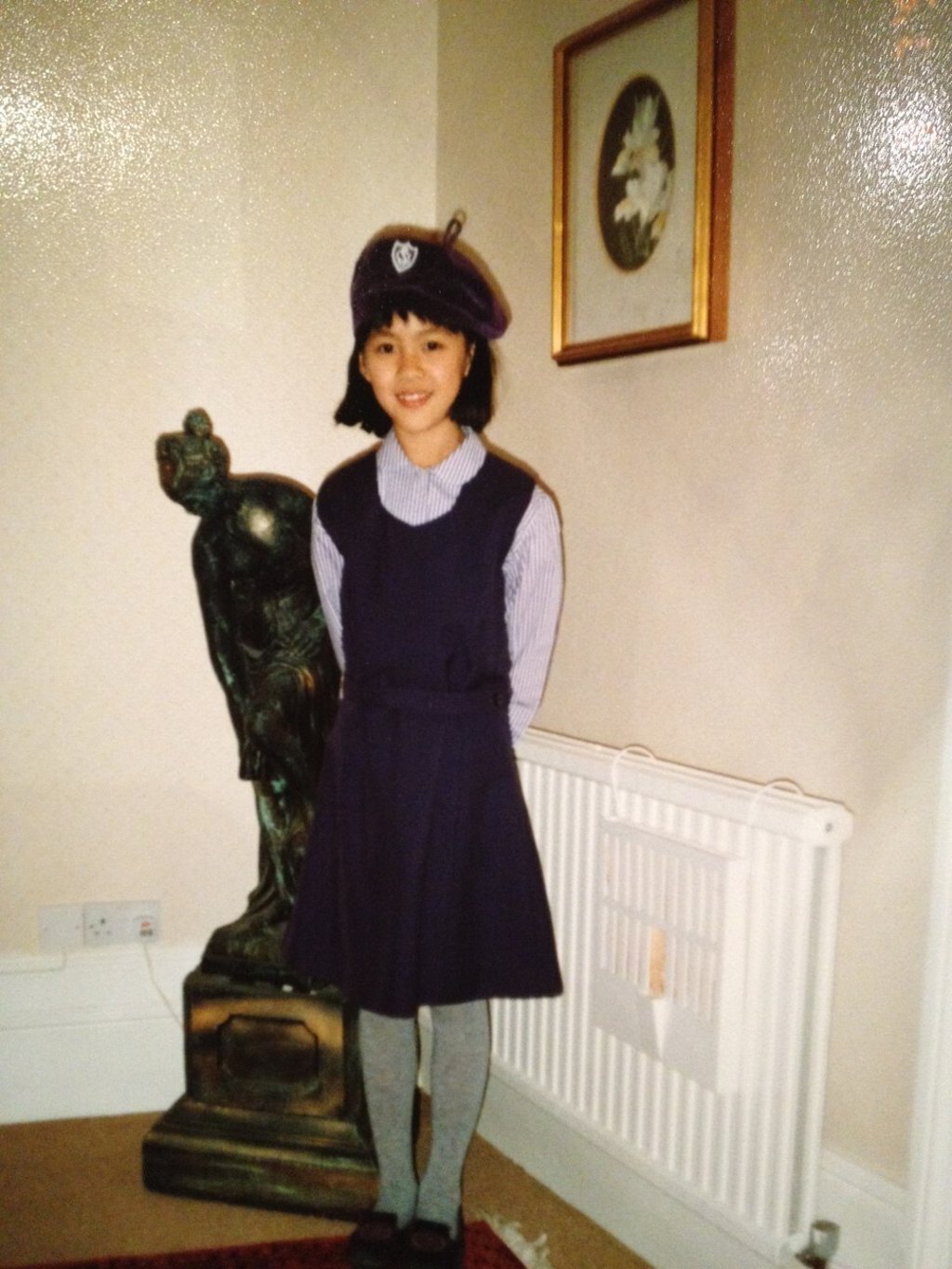Education is about character, values, and identity, not just how smart kids are, teacher says
- Hong Kong educator Christine Ma-Lau opened the JEMS Character Academy in 2009, with a focus on fostering a sense of identity and community in children
- ‘If you have intelligence without character, you could use intelligence in the wrong way,’ she says

Nature and nurture: My parents first met in high school in Hong Kong. Years later, when they met again in Toronto, Canada, they married. I was born there in 1981 and we moved to Hong Kong in 1985.
I went to kindergarten at an international school, which wasn’t a good fit for me. The teacher liked students who were outgoing, expressive, proactive and would sit at the front of the class and put their hands up. Aged six, I wasn’t like that. I was timid and would sit at the back of the room and take things in and observe but not actively participate. I was weak at maths and sport and felt left out at school because this teacher didn’t think highly of me. I didn’t enjoy school and didn’t want to go.
I found out years later she had told my mom I was, in her words, passive and didn’t engage, too shy, terrible at maths. My mom asked what she could do to help, and the teacher said, “It’s hopeless, that’s just the way she is.” I’m so thankful my mom didn’t believe her or give in to her; had she believed the teacher and come back and started scolding me I think I would have turned out very differently.
I’m thankful I had a mother who nurtured me in other interests so I could develop confidence elsewhere. Today when parents ask me what’s a good school, I say there’s no such thing, there’s only a good fit. It’s whether it’s right for your child.

Out of my shell: My dad was in finance and, in 1989, his work took him to London. My mom went ahead of the move to scout out schools. She came across a tiny prep school in Central London called Glendower. Although the school was out for the summer, she knocked on the door and persuaded the headmistress to see her. Thanks to the power of a persistent mother, a position opened up for me.